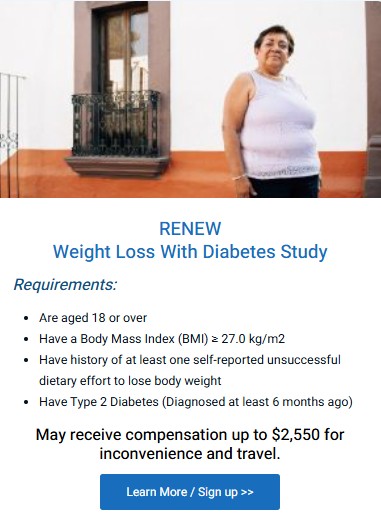
10 Surprising Facts About Sleep Apnea
Sleep apnea is a common sleep disorder that affects millions of people worldwide. However, despite its prevalence, there are still many misconceptions about this condition. In this article, we will explore ten surprising facts about sleep apnea that you may not know.
What is Sleep Apnea?
Before we delve into the facts about sleep apnea, it’s essential to understand what this condition is. Sleep apnea is a sleep disorder characterized by pauses in breathing during sleep. These pauses can last anywhere from a few seconds to a few minutes and can occur multiple times during the night.
There are two main types of sleep apnea:
- Obstructive sleep apnea: This type of sleep apnea is caused by a blockage or narrowing of the airway, which causes breathing to stop or become shallow.
- Central sleep apnea: This type of sleep apnea occurs when the brain fails to signal the muscles to breathe.
Now that we know what sleep apnea is let’s dive into some surprising facts about this condition.
1. Sleep Apnea Affects People of All Ages
While sleep apnea is more common in older adults, it can affect people of all ages, including children. In fact, studies have shown that sleep apnea affects up to 5% of children, and if left untreated, it can lead to problems with behavior, learning, and growth.
2. Men are More Likely to Develop Sleep Apnea
Studies have shown that men are twice as likely as women to develop sleep apnea. However, this doesn’t mean that women are not at risk. Women who are overweight, have a family history of sleep apnea, or are postmenopausal are at an increased risk of developing this condition.
3. Sleep Apnea is Linked to Several Health Problems
Sleep apnea has been linked to several health problems, including high blood pressure, stroke, heart disease, and diabetes. In fact, people with sleep apnea are two to three times more likely to develop high blood pressure than those without the condition.
4. Snoring is a Common Symptom of Sleep Apnea
Loud snoring is one of the most common symptoms of sleep apnea, but not everyone who snores has this condition. However, if you or your partner snore loudly and also experience pauses in breathing during sleep, it’s essential to speak to your doctor.
5. Weight Loss Can Improve Sleep Apnea
Obesity is a significant risk factor for sleep apnea, and losing weight can improve this condition. In fact, studies have shown that even a 10% reduction in weight can lead to a significant improvement in sleep apnea symptoms.
6. CPAP is the Most Common Treatment for Sleep Apnea
Continuous positive airway pressure (CPAP) therapy is the most common treatment for sleep apnea. This treatment involves wearing a mask over your nose or mouth while you sleep, which delivers a constant stream of air to keep your airway open.
7. Untreated Sleep Apnea Can Affect Your Performance at Work
Untreated sleep apnea can lead to excessive daytime sleepiness, which can affect your performance at work or school. In fact, studies have shown that people with untreated sleep apnea are more likely to miss work and have more accidents than those without the condition.
8. Oral Appliances Can Help Treat Sleep Apnea
Oral appliances, such as mouthguards or splints, can also be used to treat sleep apnea. These devices work by repositioning the jaw and tongue to keep the airway open during sleep.
9. Sleep Apnea Can Affect Your Mental Health
Sleep apnea can have a significant impact on your mental health. Studies have shown that people with sleep apnea are more likely to experience depression, anxiety, and other mood disorders. Additionally, untreated sleep apnea can lead to poor concentration, memory problems, and irritability.
10. Surgery May Be Required to Treat Sleep Apnea
In some cases, surgery may be required to treat sleep apnea. This is usually the case when the condition is caused by a physical obstruction, such as enlarged tonsils, that cannot be treated with other methods. However, surgery is usually only recommended after other treatments, such as CPAP or oral appliances, have been tried and failed.
Internal and External Links
For more information on sleep apnea, be sure to check out Palm Beach Research’s website on sleep apnea. Additionally, here are some external links that you may find helpful:
- American Sleep Apnea Association: https://www.sleepapnea.org/
- National Sleep Foundation: https://www.sleepfoundation.org/sleep-apnea
- Mayo Clinic: https://www.mayoclinic.org/diseases-conditions/sleep-apnea/symptoms-causes/syc-20377631
Related Posts
Subscribe to Hear About New Trials First
Subscribe to Hear About New Trials First
Subscribe to our newsletter by adding your email and keep up to date with the new studies we are offering as well as study results and more.








